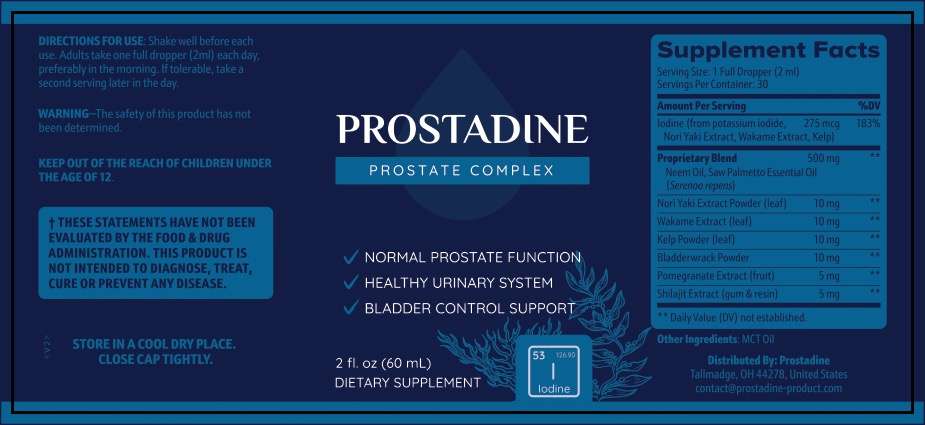Reviews Of Prostadine
Reviews Of Prostadine - The Actual Story That The Experts Do not Want Anyone To Know About
Reviews Of ProstadineThe information contained on this site is not intended to replace professional medical care. If you have any questions about your health, contact a health care provider. Hormone therapy is a treatment that prevents Reviews cancer cells getting the hormones needed to grow. It could involve taking medicine or having surgery to remove the testicles.
This treatment addresses the root causes behind prostate problems, which helps to keep the bladder open and reduces BPH symptoms. Users can enjoy a consistent and consistent pee which results in a decreased need to urinate frequently. It can help to maintain your kidney health as well as reduce the risk for male infertility that is caused by complications of the prostate.
Prostadine Compare Prices

Is Prostadine Legitimate
Reviews Of ProstadineTo lower the risk of developing prostate carcinoma later in life, dietary changes may be needed to be made earlier in a person’s life. Researchers continue to explore the causes and prevention options for prostate cancer. Although there is no proven way to completely prevent prostate cancer, you may be able to lower your risk. Talk to your healthcare team to learn more about your personal risk for cancer. A risk factor is any factor that increases a person’s likelihood of developing breast cancer. While risk factors can have an impact on the likelihood of developing breast cancer, many do not directly cause it.
Heart Disease
Obesity Study has a negative impact on a variety of growth factors and hormones. Insulin and Leptin are elevated in People with obesity can increase the risk of developing cancer cells. AICR is dedicated to putting the knowledge we have about cancer prevention into action. We've compiled 10 Cancer Prevention Remedies to help you live a better life.
The DNA we inherit from our parents is what causes a small percentage to develop prostate cancer. Other DNA mutations naturally occur Throughout a person's life. It is best to discuss the risks and benefits of prostate cancer screening and the various testing options with a doctor. A 2016 literature review concluded that masturbation, frequency of ejaculation, and age all affect a male's risk of prostate cancer. However, it was also stated by its authors that there is not enough evidence to show how these factors might interact.
Inexpensive Prostadine - Misinformation You have Been Told About This Product
Reviews Of ProstadineBack Forward
We Also Recommend:
Reviews Of Prostadine
Reviews For Prostadine
Prostadine Reviews
Where To Buy Prostadine
Prostadine Review